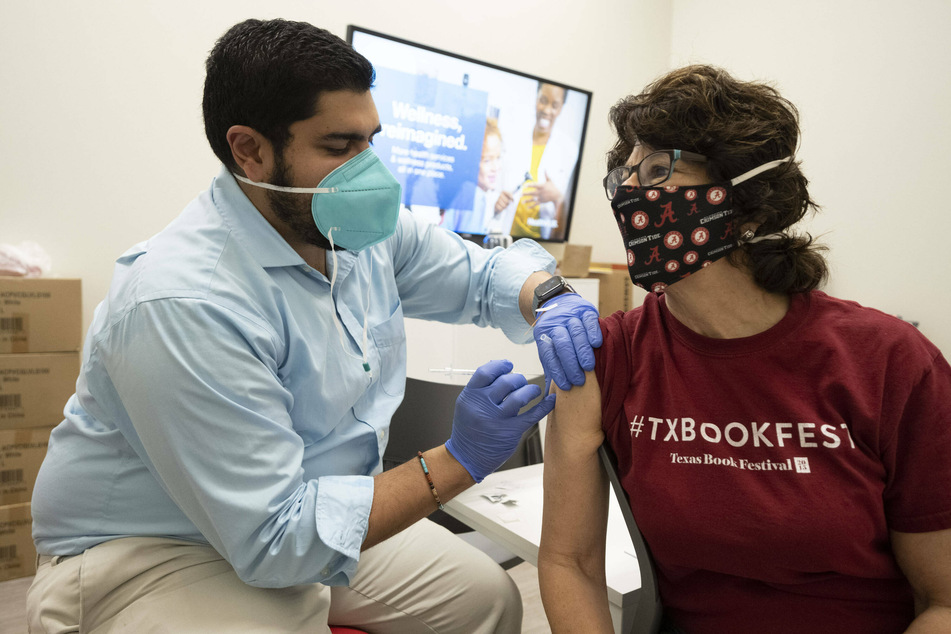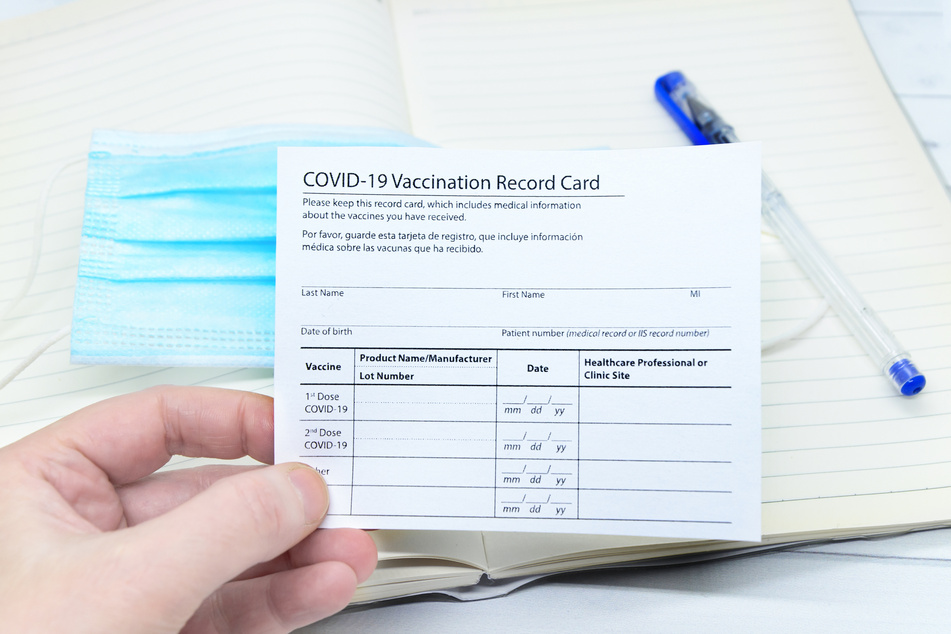Side effects mean your vaccine is working – but what if there are none?
As millions now know from personal experience, the Covid-19 vaccines can cause temporary side effects. It’s a good sign, as it suggests your immune system is paying attention, preparing you in case of infection with the coronavirus.

But if you don’t experience side effects, does that mean the vaccine did not work?
The short answer is no, infectious-disease experts say. There is no evidence that a lack of side effects means the vaccinated person is unprotected against Covid-19.
The details require a bit of explanation, but the main reason physicians feel comfortable making that statement is simply maths.
In the clinical trials, less than half of vaccine recipients reported moderate or severe episodes of "systemic" side effects such as fever, headache, and fatigue. Yet the drugs prevented most cases of disease, according to those studies. So by the process of elimination, some of that disease prevention must have occurred in the people with mild or no side effects.
"The vaccines still work even if you don’t have side effects," said Sarah Coles, a family physician and assistant professor at the University of Arizona College of Medicine. "While many have side effects, many do not."
Paul Offit, director of the Vaccine Education Center at Children’s Hospital of Philadelphia, said he was unaware of formal studies that investigate whether the side effects are associated with vaccine effectiveness, but he agreed that a lack of fever or headache is no cause for concern.
"You certainly don’t need to develop side effects to be protected," he said.
To put it another way, both phenomena – acquiring immunity and experiencing side effects – are set in motion by the same series of inflammatory warning signals in the immune system once you get injected.
Most side effects are moderate or mild

But just because this initial inflammation is successful in triggering the production of antibodies and other defenses against disease, it does not necessarily cause a fever in the bargain. There is not a strong correlation between the two things, said Coles, who chairs a commission on public health and science for the American Academy of Family Physicians.
Whether people experience side effects might be determined by other factors besides their immune systems, including fatigue, stress, and how they perceive pain, Coles said.
The rates of various side effects are slightly different in each of the Covid-19 vaccines, and in those that require two doses, they tend to be more common after the second dose.
With the vaccine made by Pfizer Inc. and BioNTech SE, for example, 3.7% of trial participants aged 18 to 55 reported a fever after the first dose, and 15.8% reported a fever after the second dose – usually no higher than 102 degrees. Half of recipients reported a headache after the second dose, but most were moderate or mild.
All of these impacts are transient, generally lasting a day or two. And in rare cases of a serious allergic reaction called anaphylaxis within minutes after injection, physicians can readily treat that with an EpiPen or similar device containing epinephrine.
A final note: Offit and Coles were talking about systemic side effects, not "local" effects such as arm pain or redness at the injection site. Those inconveniences do seem to strike most recipients of the vaccines.
But given the alternative – a case of Covid-19 – it’s worth it.
Cover photo: IMAGO / ZUMA Wire